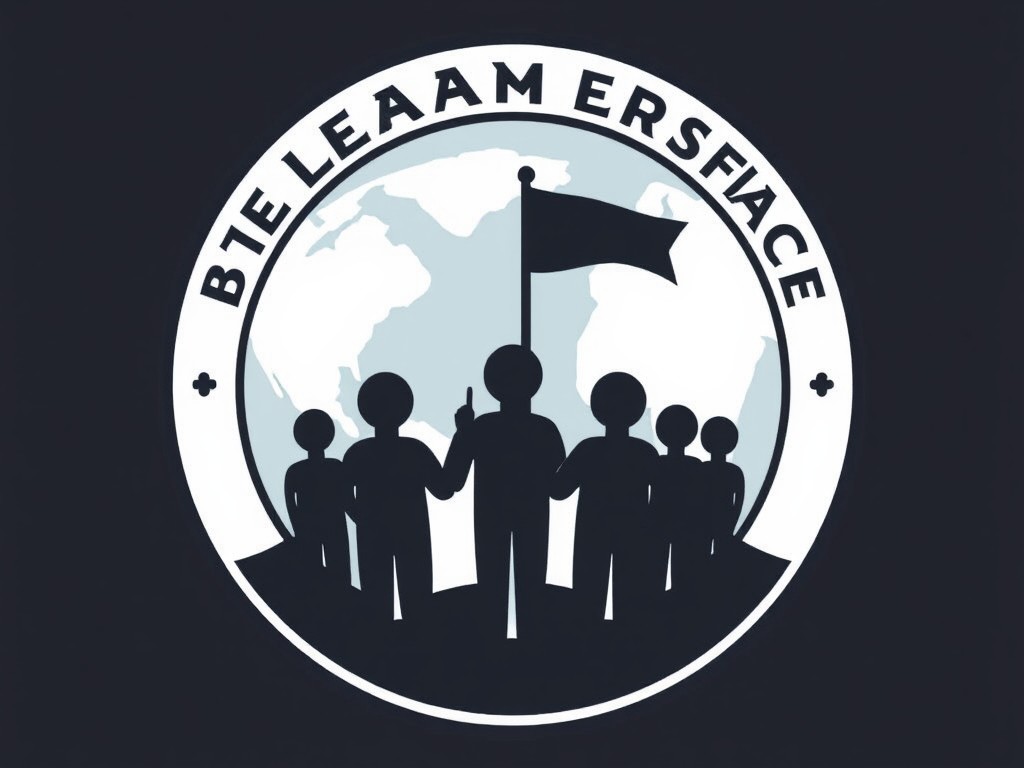UK businesses expanding globally face complex challenges, particularly in complying with the Bribery Act 2010. Understanding these obligations is vital to maintaining integrity and protecting reputation. This guide offers practical strategies and insights to help businesses navigate compliance, mitigate risks, and foster a culture of transparency. Equip yourself with the knowledge to confidently engage in international operations while upholding legal and ethical standards. Together, let’s explore how to ensure your business thrives without compromising its values.
Overview of the Bribery Act 2010
The Bribery Act 2010 is a pivotal piece of legislation in the United Kingdom, designed to combat corruption and promote ethical business practices. It establishes comprehensive UK bribery laws that apply to both domestic and international operations of businesses. The Act’s key provisions include the criminalisation of offering, promising, or giving a bribe, as well as requesting, agreeing to receive, or accepting a bribe. Notably, it also addresses the failure of commercial organisations to prevent bribery, mandating strict compliance requirements.
In the same genre : Navigating GDPR: A Legal Guide for UK Businesses to Optimize Email Marketing Campaigns
For UK businesses, the importance of the Bribery Act 2010 cannot be overstated. It necessitates rigorous adherence to compliance protocols to avoid severe penalties, including unlimited fines and imprisonment. Companies are encouraged to implement robust anti-bribery policies and procedures to safeguard against potential violations.
When compared to other international anti-bribery laws, the Bribery Act 2010 is often considered one of the most stringent. Unlike the U.S. Foreign Corrupt Practices Act (FCPA), which primarily targets bribery of foreign officials, the UK legislation encompasses both public and private sector bribery. This broad scope emphasizes the UK’s commitment to eradicating corruption and sets a high standard for global business integrity.
In the same genre : Navigating Legal Compliance: Essential Strategies for UK Businesses Implementing Cloud-Based HR Management Systems
Understanding Global Operations and Compliance
Navigating global operations requires businesses to adopt effective compliance strategies to mitigate risks associated with international markets. One of the primary challenges is the diverse landscape of legal frameworks, where each country may have unique regulations. This complexity demands a nuanced understanding of local laws to ensure adherence and avoid legal repercussions.
For international businesses, integrating compliance into their global operations involves establishing a robust framework that aligns with both domestic and foreign regulations. Companies should develop comprehensive policies that address the specific requirements of each jurisdiction in which they operate. This includes regular training for employees to ensure they are aware of and understand these policies.
Moreover, the importance of understanding local laws cannot be underestimated. Businesses must engage with local legal experts to navigate the intricacies of regional regulations effectively. This proactive approach not only helps in maintaining compliance but also builds trust with local stakeholders and authorities.
To streamline compliance efforts, businesses can implement technology-driven solutions, such as compliance software, which aid in monitoring and managing regulatory requirements across different regions. By prioritising compliance strategies in their global operations, companies can safeguard their reputation and ensure sustainable growth in international markets.
Practical Steps for Compliance
To navigate the complex landscape of international business, companies must implement effective compliance measures. This involves developing robust anti-bribery policies and rigorous risk management strategies.
Developing Anti-Bribery Policies
Creating effective anti-bribery policies is essential for compliance. Start by clearly defining bribery and corruption within your organisation. Outline acceptable and unacceptable behaviours, and ensure these policies are communicated to all employees. Regular training sessions can reinforce understanding and commitment, fostering a culture of integrity.
Conducting Risk Assessments
Conducting thorough risk assessments is crucial in identifying potential bribery risks. Evaluate the specific challenges and legal requirements of each country where your business operates. This allows for tailored strategies that address regional nuances and help mitigate risks effectively.
Implementing Monitoring Systems
Implementing monitoring systems is a proactive step in maintaining compliance. Utilise technology-driven tools to track compliance measures and detect any irregularities. These systems provide real-time insights, ensuring swift responses to potential issues.
- Best Practices: Regular audits, employee feedback channels, and continuous policy updates.
- Tools: Compliance software, risk management platforms, and automated reporting systems.
By integrating these strategies, businesses can enhance their compliance efforts, safeguarding their operations against bribery risks.
Employee Training and Engagement
Employee training is a cornerstone of effective compliance efforts. It is crucial for companies to establish comprehensive compliance training programs that educate staff on legal requirements and ethical standards. These programs should be engaging and interactive, ensuring that employees not only understand the rules but also the importance of adhering to them.
Engaging staff in compliance efforts can be achieved through various methods. Incorporating real-life scenarios and case studies into training sessions helps employees relate to and internalise the information. Interactive workshops and role-playing exercises can also make learning more dynamic and memorable. Regular feedback sessions allow employees to express concerns and suggest improvements, fostering a participatory environment.
Creating an ethical culture within the organisation is vital. This involves more than just training; it requires a commitment from leadership to model ethical behaviour. By promoting transparency and accountability, companies can encourage employees to act with integrity. Recognising and rewarding ethical behaviour further reinforces this culture, motivating staff to uphold the company’s values.
- Key Strategies: Interactive training sessions, real-life scenarios, leadership commitment.
- Outcome: A workforce that is informed, engaged, and committed to maintaining high ethical standards.
Case Studies of Compliance in Action
Exploring case studies provides invaluable insights into the implementation of compliance strategies. Notable examples from UK businesses illustrate both compliance success stories and failures, offering lessons for others.
One prominent case involved a multinational company that faced allegations of bribery. By implementing a robust compliance framework, the company successfully navigated the investigation. Key strategies included comprehensive training programs, regular audits, and a zero-tolerance policy towards unethical behaviour. This proactive approach not only resolved the issue but also reinforced the company’s commitment to ethical practices.
Conversely, another UK business faced significant penalties due to compliance failures. The absence of effective monitoring systems and inadequate employee training led to violations of the Bribery Act 2010. This case underscores the importance of establishing a strong compliance culture and the risks of neglecting such measures.
Lessons learned from these cases highlight the need for continuous improvement in compliance strategies. Companies must prioritize transparency, regular updates to policies, and employee engagement. By learning from past mistakes and successes, businesses can enhance their compliance efforts and protect their reputation.
- Key Takeaways: Importance of robust compliance frameworks, continuous employee training, and proactive monitoring systems.
Resources and Tools for Businesses
Navigating compliance requires the right compliance resources and tools to ensure businesses adhere to legal standards effectively. Numerous guidance materials are available, offering in-depth insights into best practices and regulatory updates. Organizations such as the UK Anti-Corruption Forum provide valuable resources, including reports and case studies, which can serve as a foundation for understanding compliance requirements.
For businesses seeking to streamline their compliance processes, various tools for businesses are available. Compliance management software, such as NAVEX Global and ComplyAdvantage, offers features like automated tracking and reporting, which simplify the oversight of compliance measures. These tools help in maintaining up-to-date records and ensuring adherence to regulations across different jurisdictions.
Additionally, several organizations offer support to UK businesses operating abroad. The Department for International Trade (DIT) provides guidance and support, helping businesses navigate foreign markets while maintaining compliance with local laws. Engaging with these organizations can provide businesses with the necessary tools and insights to manage their international operations effectively.
- Key Tools: Compliance software, automated reporting systems, and guidance materials.
- Support Organizations: UK Anti-Corruption Forum, Department for International Trade (DIT).






